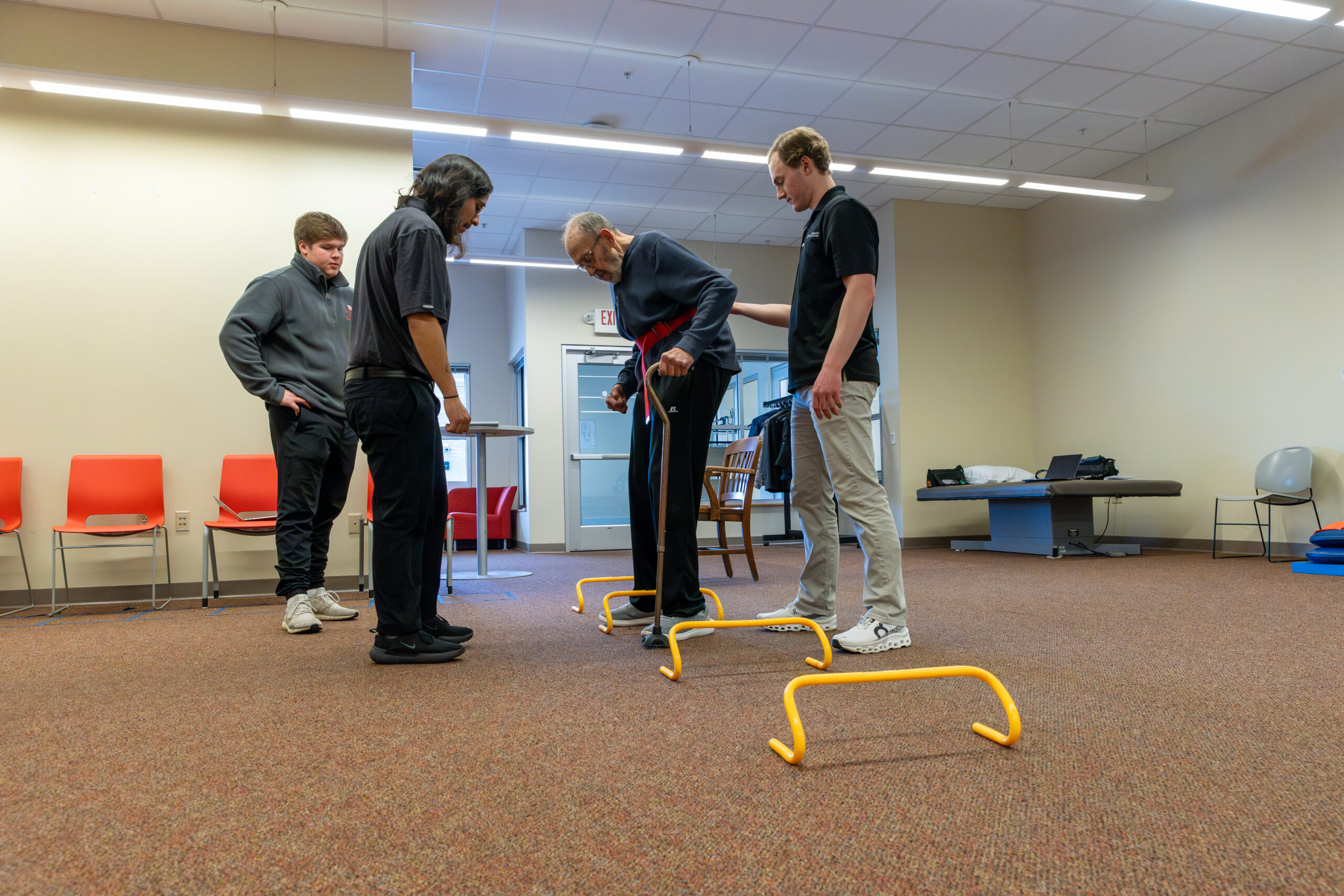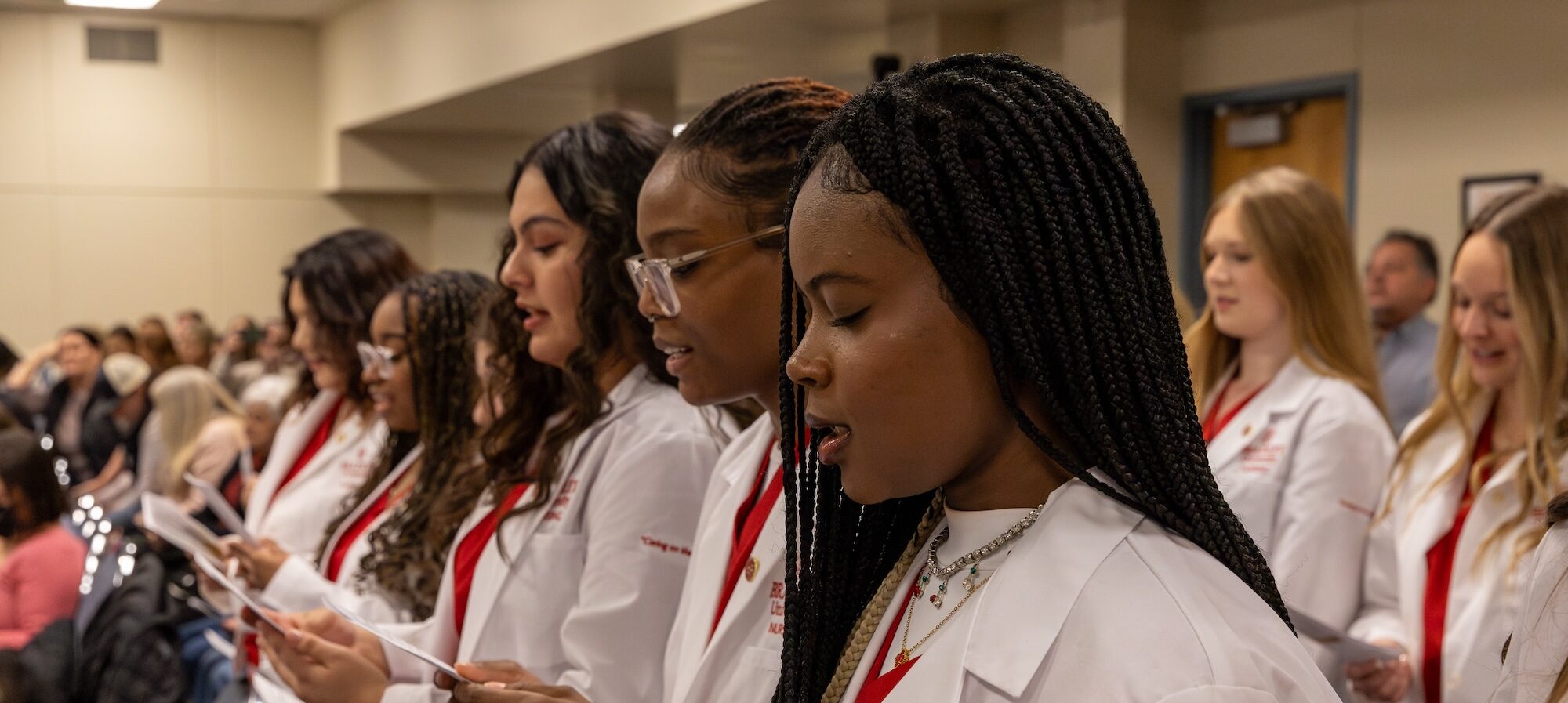- Pre-Medicine
- Pre-Physical Therapy
- Pre-Chiropractic
- Pre-Dental
- Pre-Occupational Therapy
- Pre-Optometry
- Pre-Pharmacy
- Pre-Physician Assistant
- Pre-Podiatry
- Pre-Veterinary Medicine
- Other Health Professions
So you want to be a doctor? Physicians are considered the leaders of the healthcare team. They must have a strong background in the sciences and a commitment to patient care. You must complete a bachelor’s degree, 4 years of medical school, and 3-6 years of residency training where you develop your specialty.
There are two kinds of medical school: allopathic (awarding the MD degree) and osteopathic (awarding the DO degree). Both medical degrees are eligible to pursue the full range of medical specialties during residency.
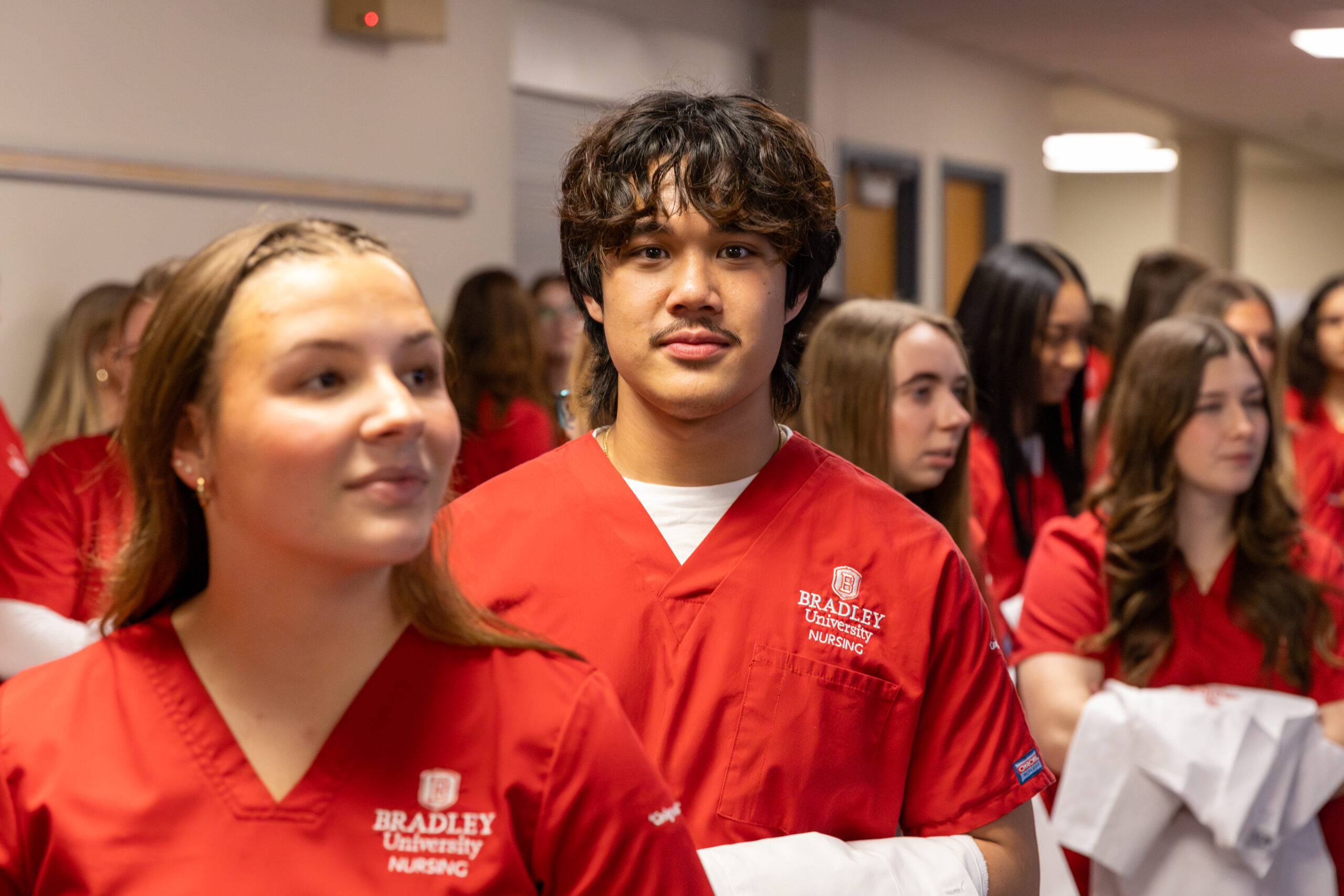
Physical Therapists help injured or ill people improve their movement and manage their pain. They are often an important part of the rehabilitation and treatment programs for patients with chronic conditions, illnesses, or injuries (Health Professions Admissions Guide, NAAHP, 2017). Physical therapists must earn a Doctor of Physical Therapy (DPT) degree, typically a 3-year program after earning a bachelor’s degree.

Chiropractors are primary care professionals and play a vital, life-changing role. Chiropractic relieves pain, increases mobility and optimizes performance through safe and effective spinal adjustments and manipulation using a variety of non-invasive techniques. Doctors of Chiropractic work one-on-one with patients, helping them improve their overall health and find relief from headaches, back, neck and joint pain, without reliance on drugs or surgery. Chiropractors must earn the Doctor of Chiropractic (DC) degree, which typically takes ~4 years, and obtain state licensure. A few programs will allow students to accelerate their DC studies and begin before completion of a bachelor’s degree.
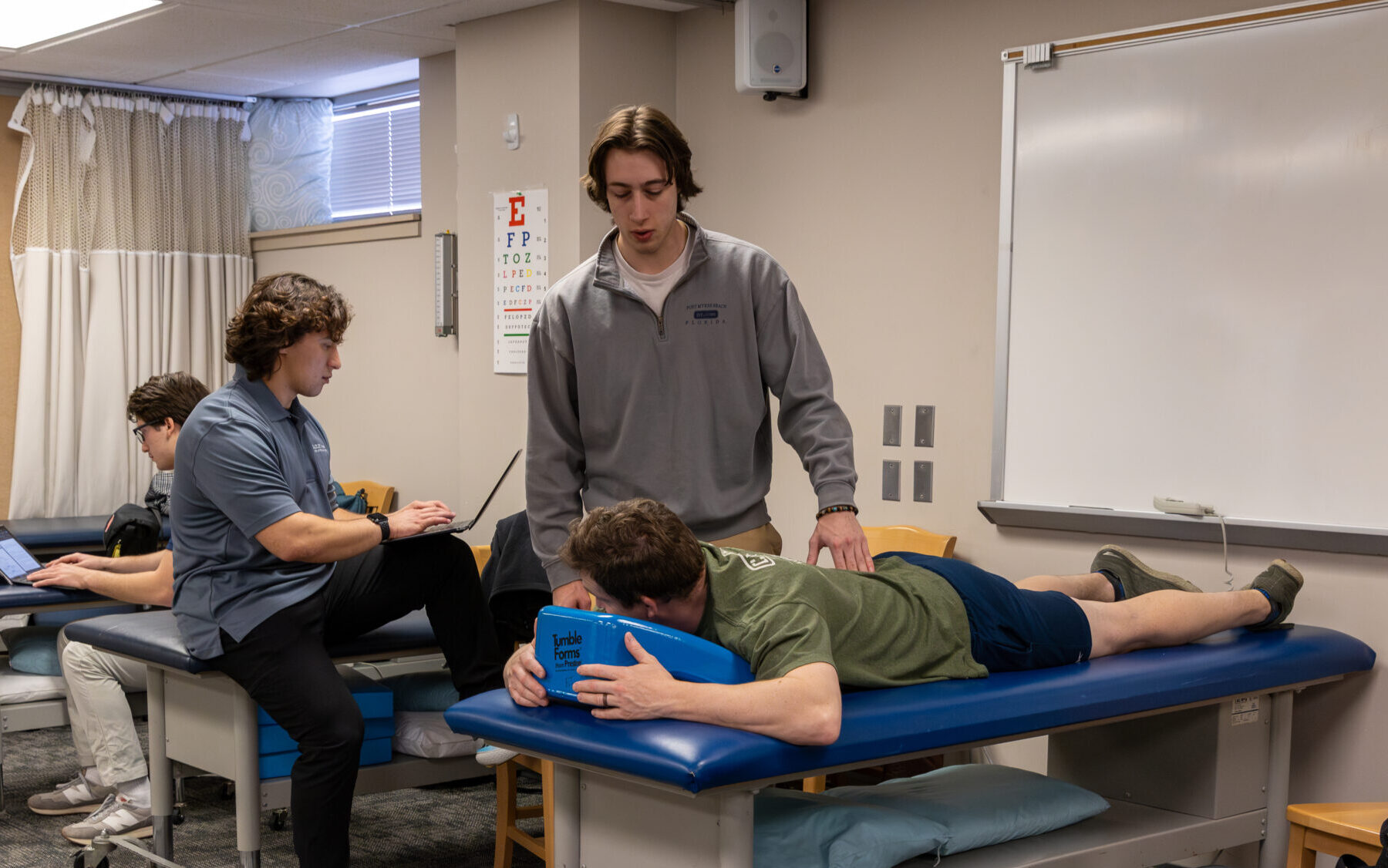
Dentists diagnose and treat problems with patients’ teeth, gums, and related parts of the mouth. They provide advice and instruction on taking care of the teeth and gums and on diet choices that affect oral health. Beyond the undergraduate degree, dentists must earn their doctoral degree (DDS, DDM, or DMD) which typically takes 4 years. An optional 2-4 year residency provides dentists with additional training in one of nine specialties. (Health Professions Admissions Guide, NAAHP, 2017)
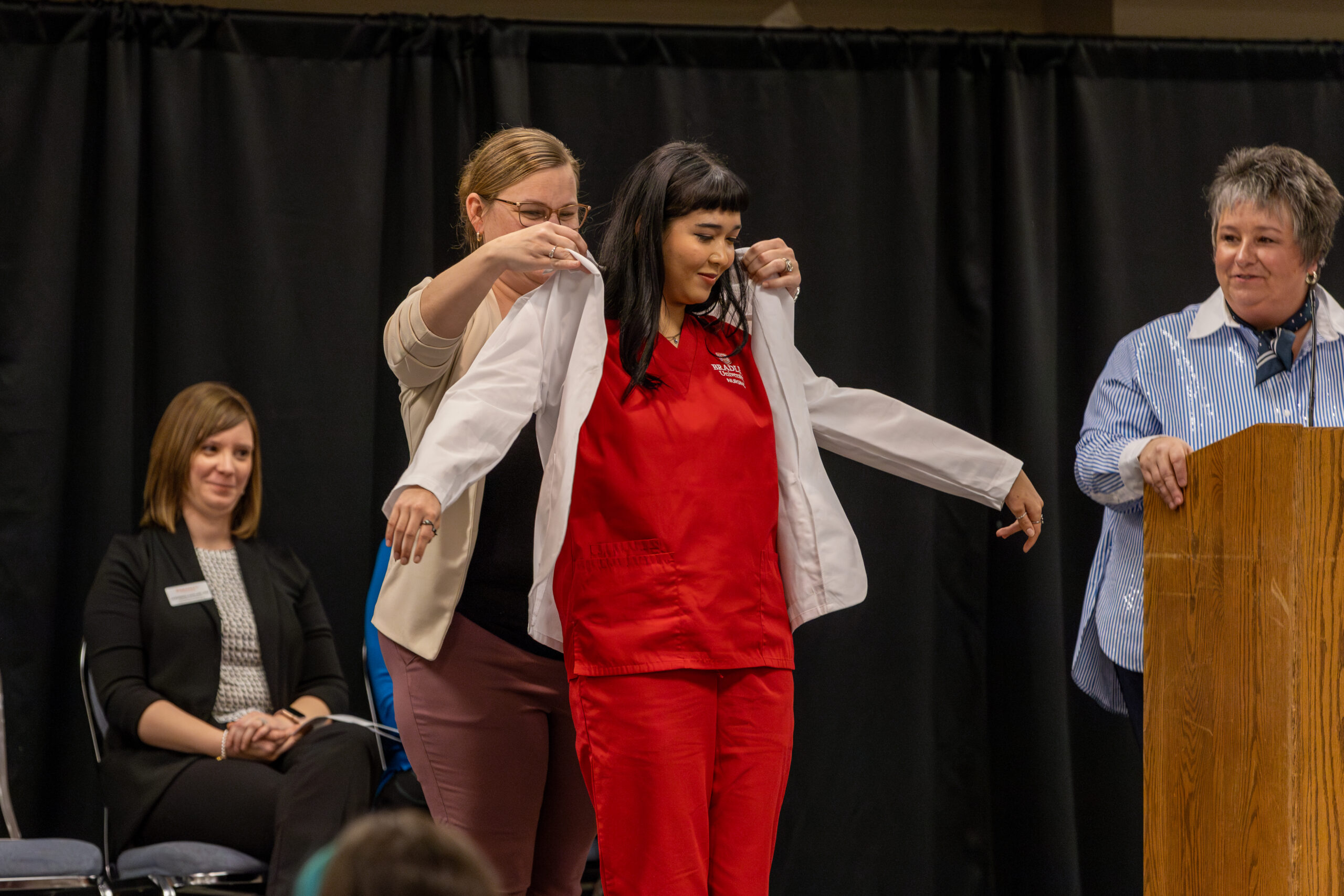
Occupational therapists treat injured, ill, or disabled patients through the therapeutic use of everyday activities. They help their patients develop, recover, and improve the skills needed for daily living and working, sometimes with the use of adaptive technologies. OTs must earn a Master’s OR entry level Doctoral degree (OTD) which typically takes ~3 years beyond undergraduate training. (Health Professions Admissions Guide, NAAHP, 2017)
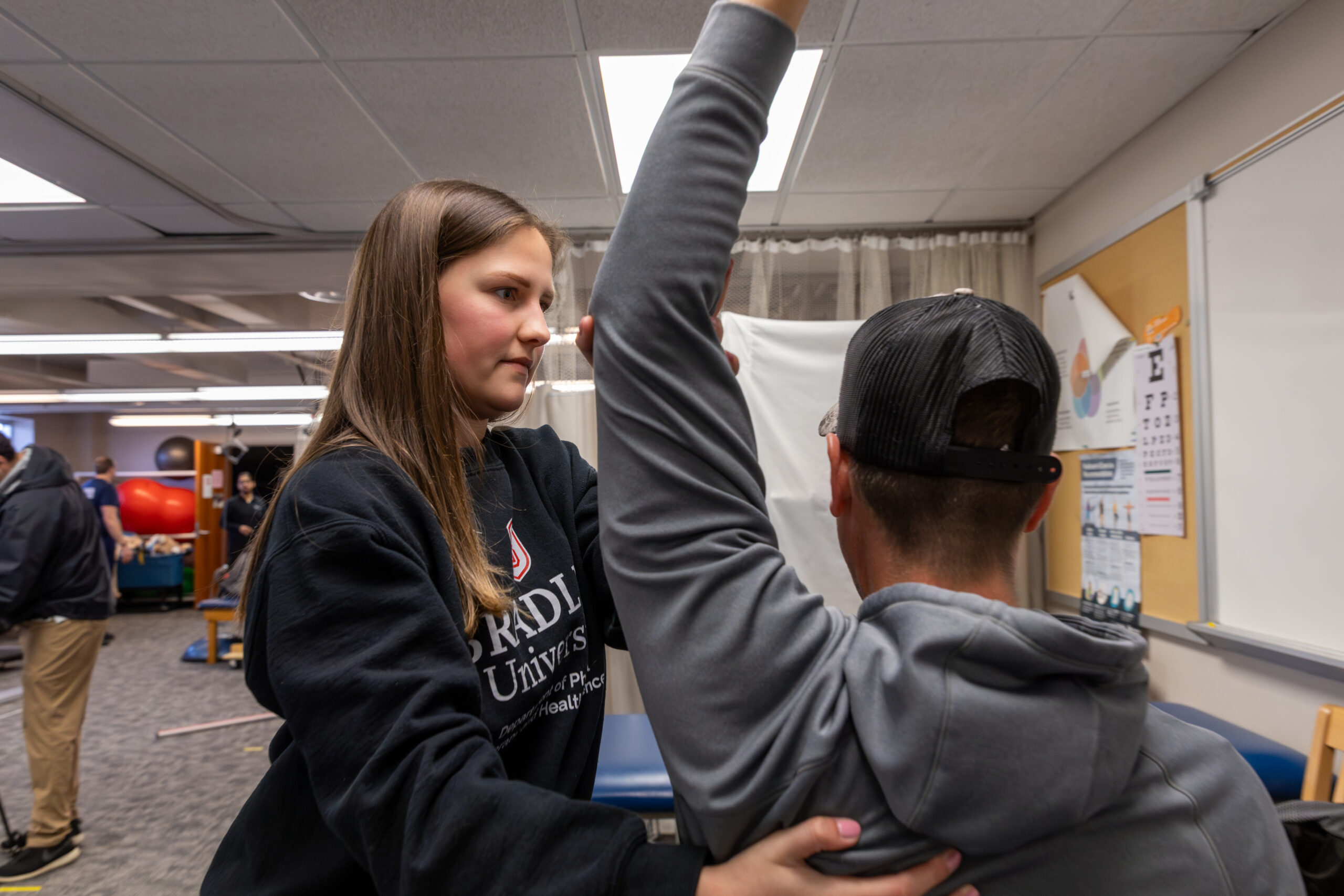
Optometrists examine the eyes and other parts of the visual system. They also diagnose and treat visual problems and manage diseases, injuries, and other disorders of the eyes. They prescribe eyeglasses or contact lenses as needed for vision correction. Optometrists must complete a Doctor of Optometry (OD) degree program, which typically takes 4 years beyond undergraduate study. (Health Professions Admissions Guide, NAAHP, 2017)
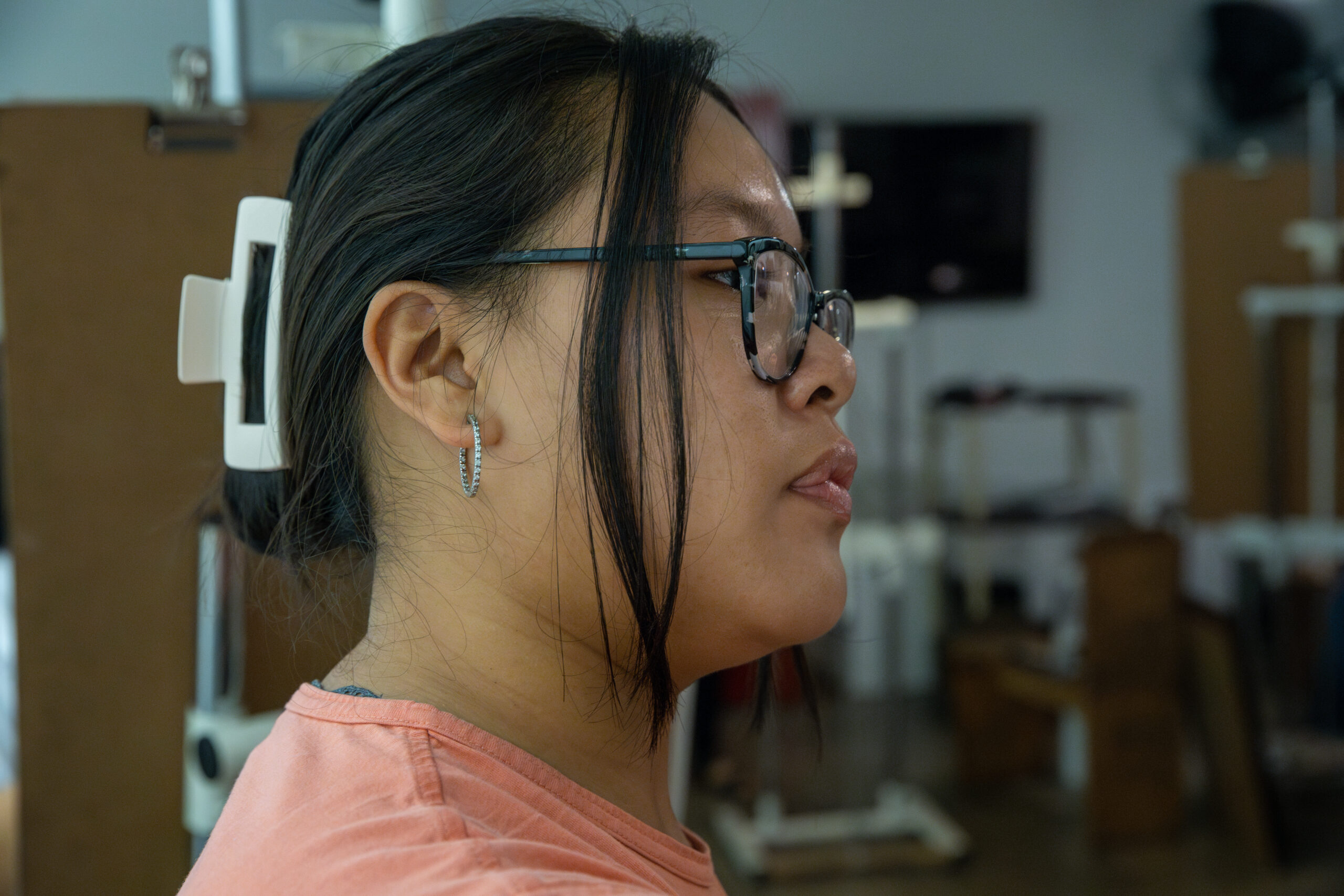
Pharmacists dispense prescription medications to patients and offer expertise in the safe use of prescriptions. They also may conduct health and wellness screenings, provide immunizations, oversee the medications given to patients, and provide advice on healthy lifestyles. Pharmacists must earn a PharmD degree which may be completed in 3-4 years. A few programs will allow students to accelerate their PharmD studies and begin before completion of a bachelor’s degree. (Health Professions Admissions Guide, NAAHP, 2017)

Physician Assistants (PAs) practice medicine on teams with physicians, surgeons, and other healthcare workers. Their specific duties and the extent to which they must be supervised by a physician or surgeon differ from state to state, but may include prescribing medications and ordering and interpreting diagnostic tests as well as treating patients. PAs need a master’s degree from an accredited program, which typically takes 2-3 years beyond undergraduate training. PAs are licensed as general practitioners, but may develop specialized training from their supervising physician. (Health Professions Admissions Guide, NAAHP, 2017)
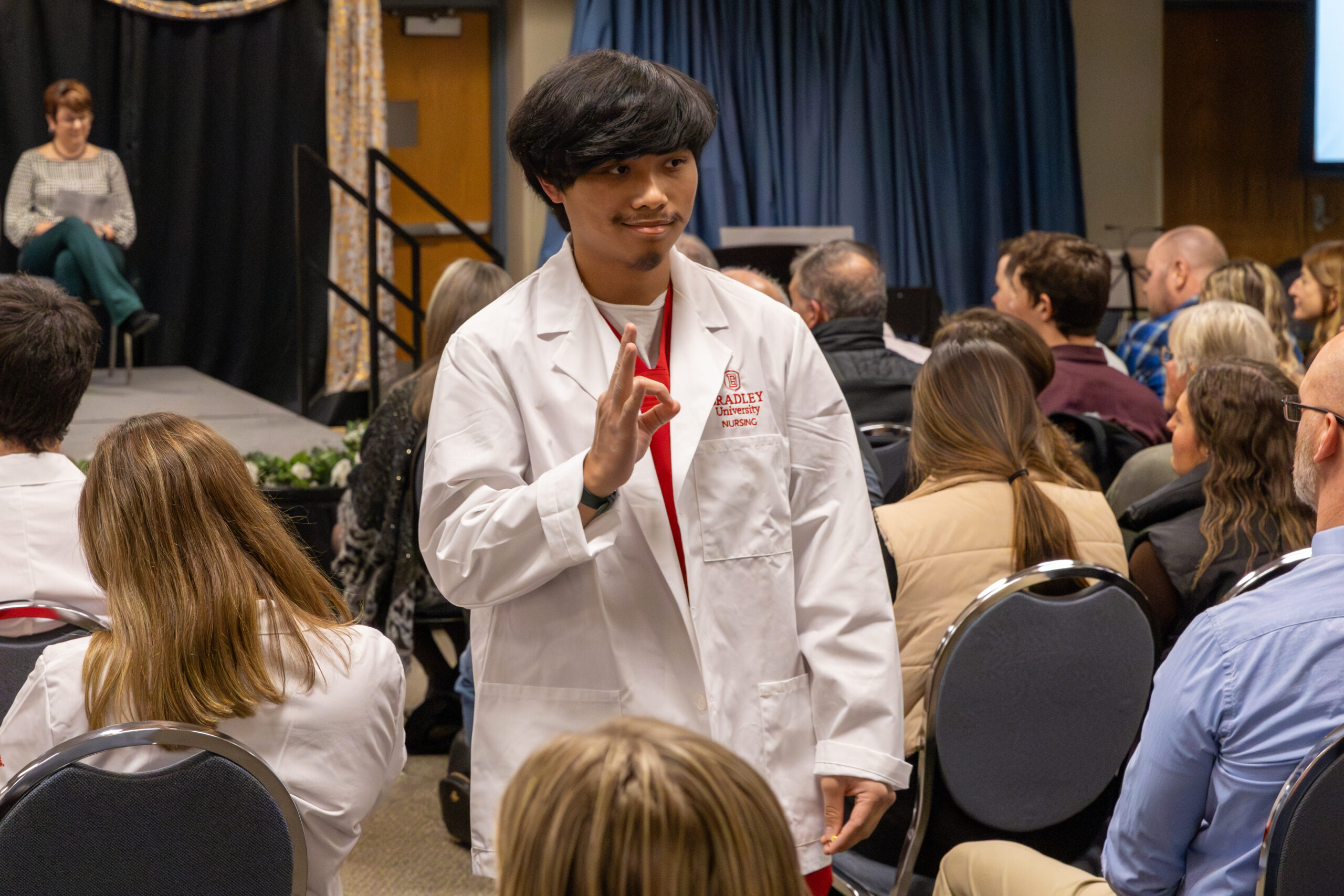
Podiatrists provide medical care for people with foot, ankle, and lower limb problems. They diagnose illnesses, treat injuries, and perform surgery involving the lower extremities. Podiatrists must earn a Doctor of Podiatric Medicine (DPM) degree, which typically takes 4 years beyond the undergraduate degree, and then complete a 3 year surgical residency. (Health Professions Admissions Guide, NAAHP, 2017)
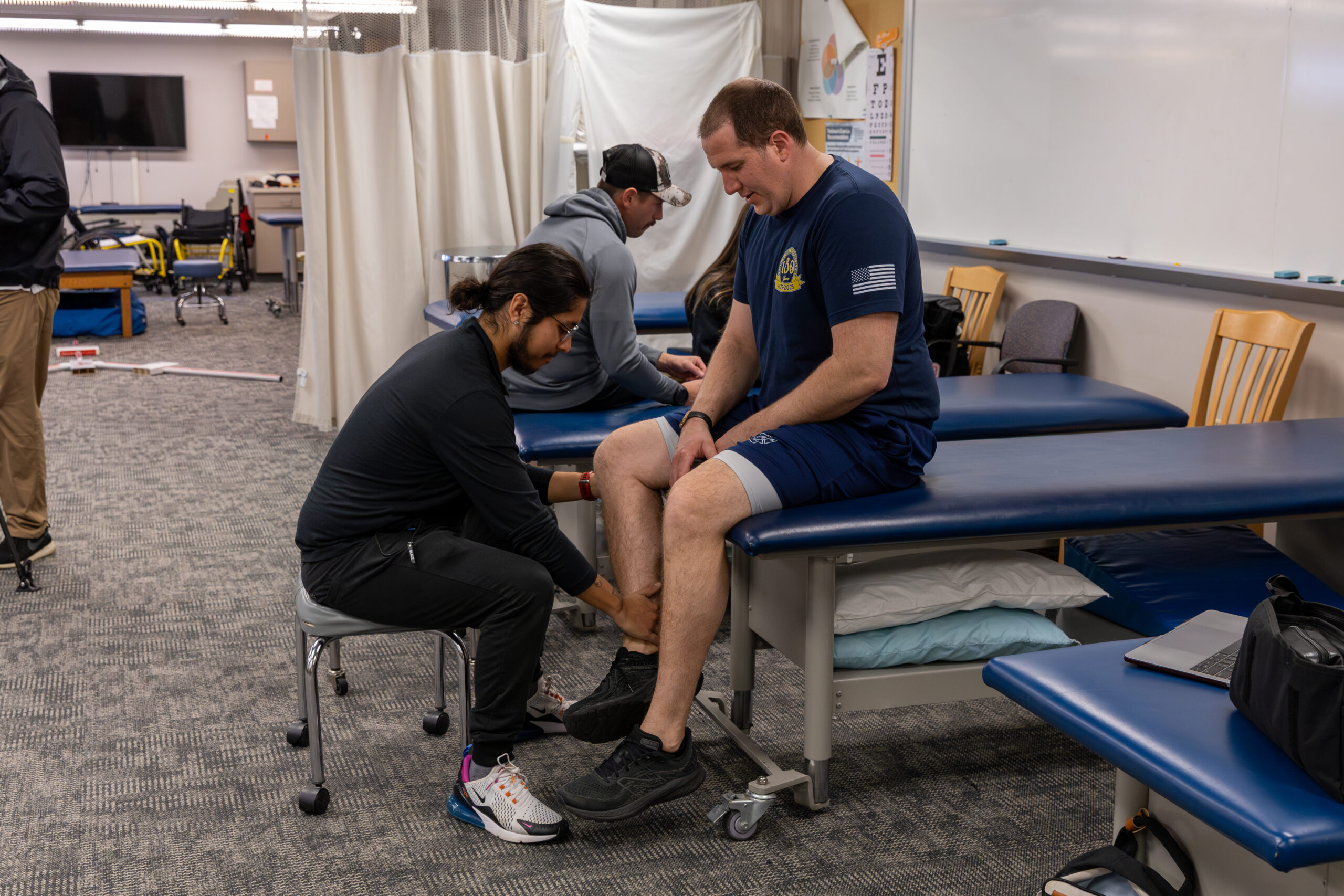
Veterinarians care for the health of animals and work to improve public health. They diagnose, treat, and research medical conditions and diseases of pets, livestock, and other animals. Veterinarians must earn a Doctor of Veterinary Medicine (DVM) degree, which typically takes 4 years beyond undergraduate training.

There are so many health professions to choose from. Don’t see what you’re looking for?
If you have questions about these or other health professions and how a Bradley education can help you, please contact Dr. Melinda Faulkner at mfaulkner@bradley.edu.
